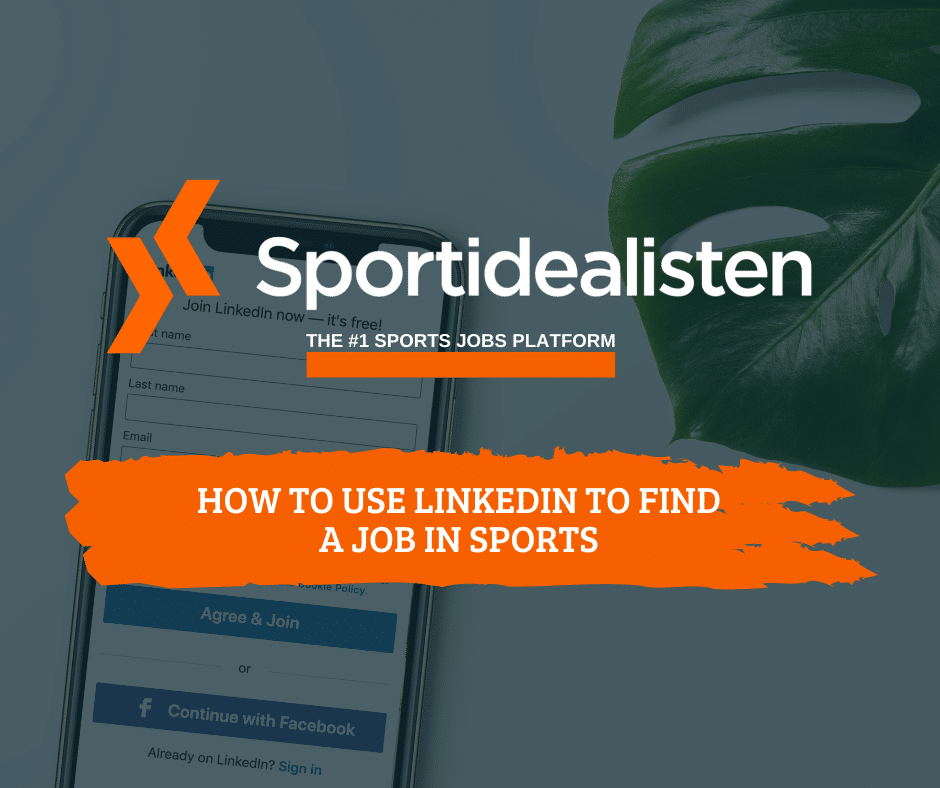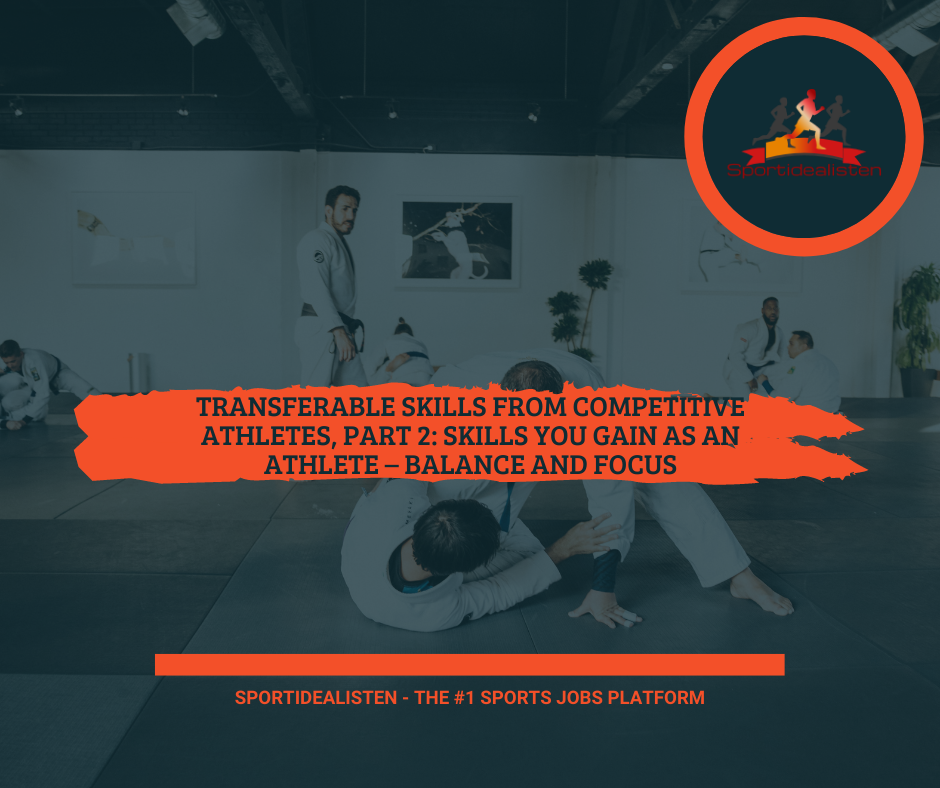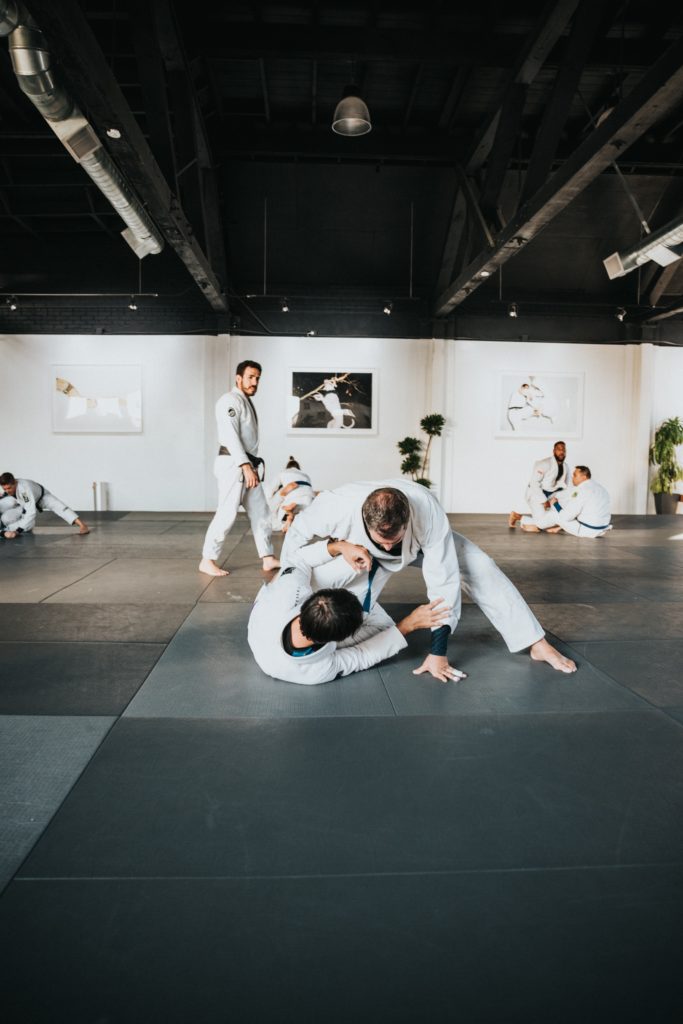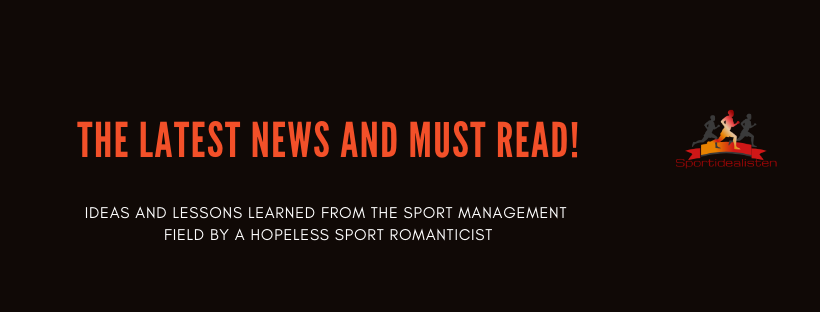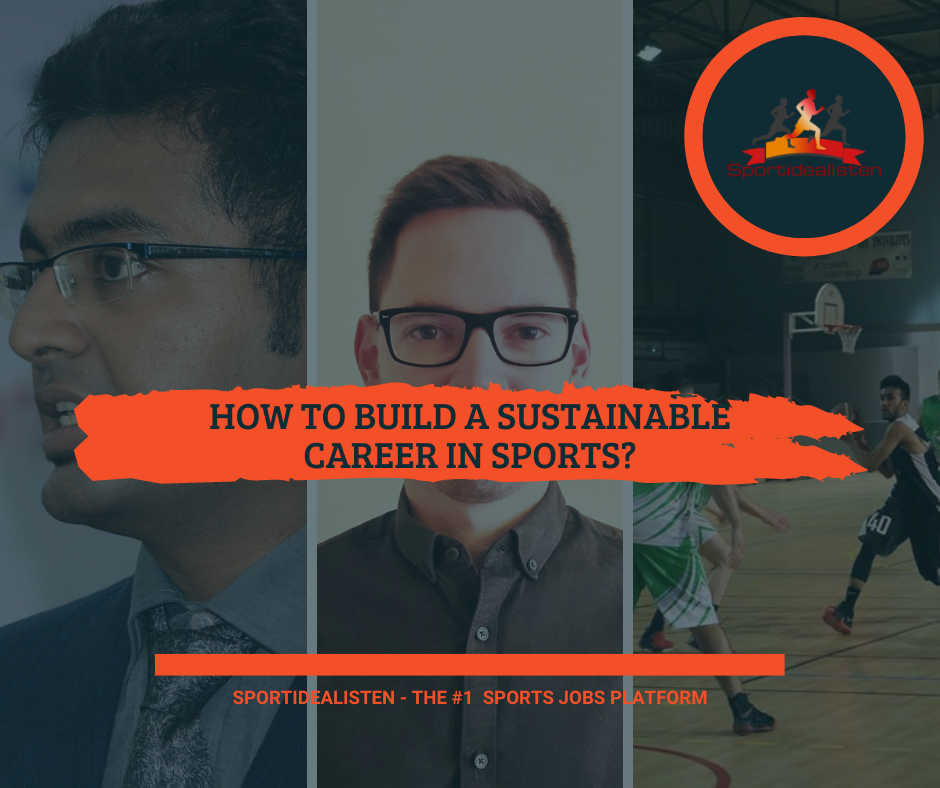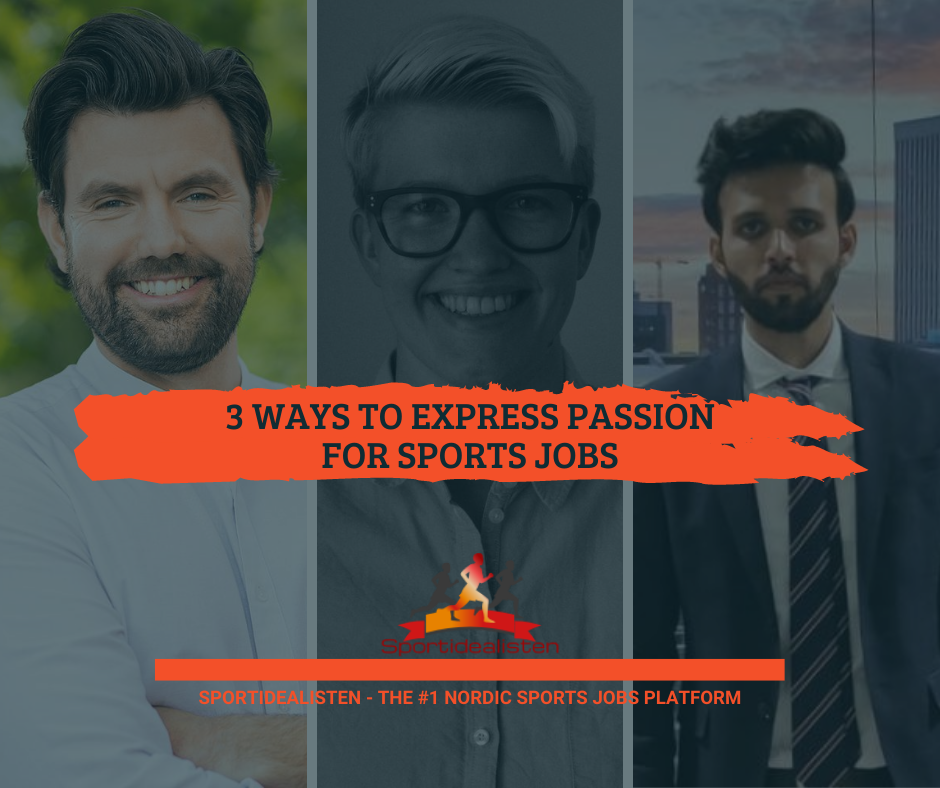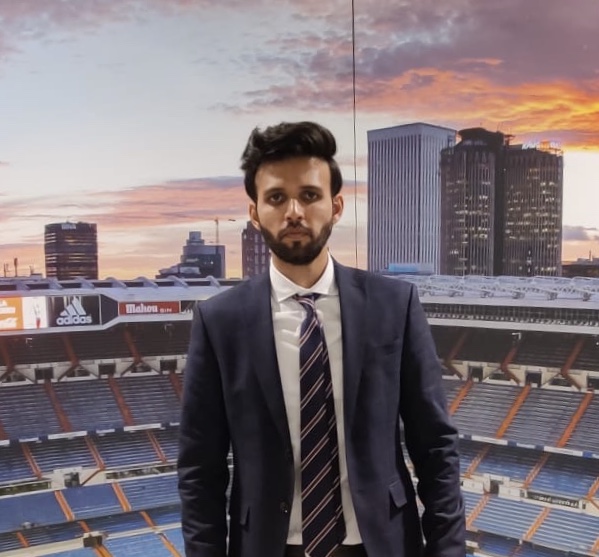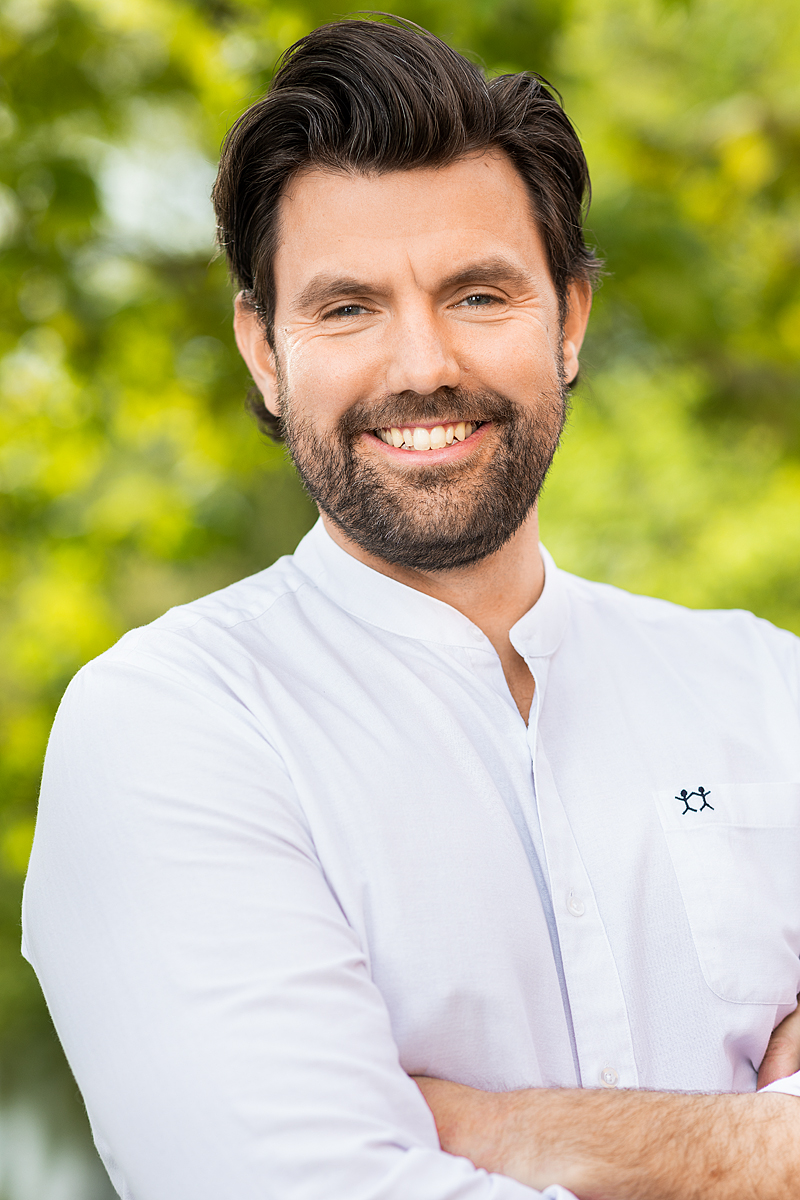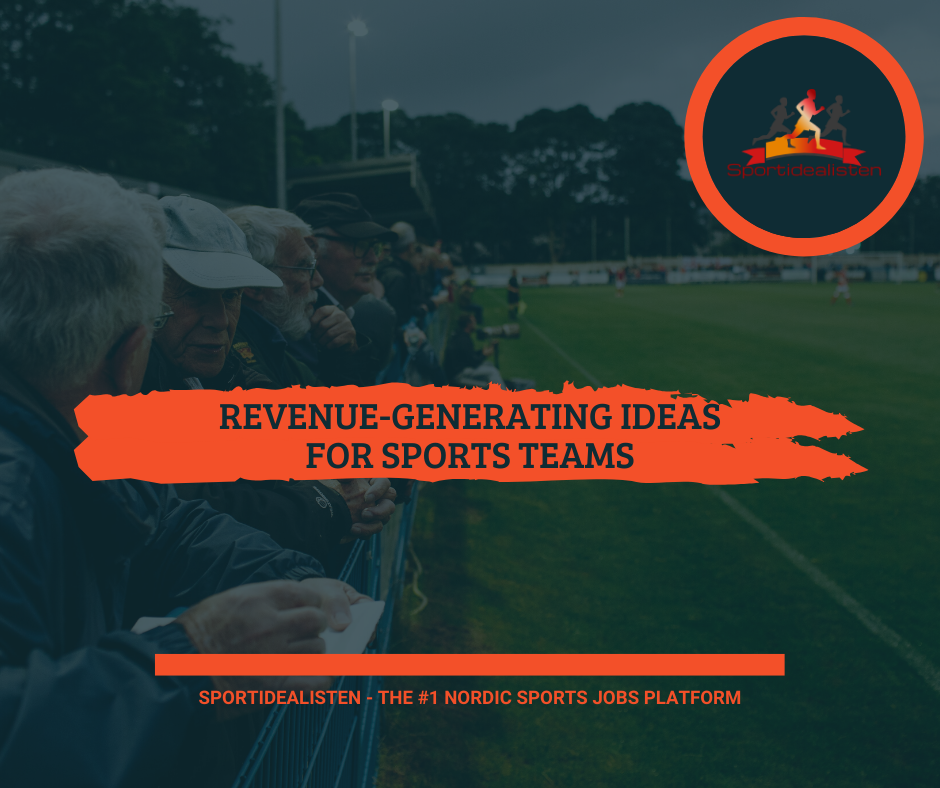In this article, we will share the story from Jur who is an account manager at PUMA. You will learn what PUMA is about and how to get a job in sports. What does an account manager do at PUMA and what are the tasks included? The full story is based on a podcast episode from Sports Views Podcast.
This is a shorter article based on an interview with Jur van Schijndel from the Sport Views Podcast! The sport we are talking about is mostly football but Jur has a great passion for Formula1 too. In this episode, you will learn a lot! Jur will share what it is like to work at one of the biggest sports brands, PUMA and what it is all about, why he thinks sport studies is a great career step. We also talk about sales skills and communication skills and how he made it to PUMA.
Finding your passion and importance of network and sport studies
Jur’s first sports memory was basically that he lived on the football pitch. With this, he means that he spent all his spare time and weekends on the pitch playing and watching football. Then later on in life, he started to ask himself what he should do later in life. He started to think about what he enjoys and realized that sports are always fun and that brought him to study sport marketing studies. He did a 4-year study in 3 years, including two summer schools and 1 semester abroad.
Just be yourself, be confident what you did in the past and just go for it.
Jur van Schijndel
When he looks back at his experiences from the summer schools and the exchange semester he shares his expectations and results being at a summer school. He also talks about gaining multicultural experiences, practical views of how things are. But also the great importance of networking. ”You never know who you met before that you can use later on…” is a phrase that suits the network effect. In the interview, Jur also shares why he did an exchange semester and that the biggest lesson learned being abroad was dealing with people from other cultures.
What is PUMA about?
PUMA is a lifestyle explains Jur. He said that basically, the mission at PUMA is making sure people enjoy the lifestyle of PUMA and the importance of following your passion.
Looking at what PUMA says themselves, they say:
THIS IS PUMA – Sport has the power to transform and empower us. As one of the world’s leading sports brands, it’s only natural that we want to stand on the same playing field as the fastest athletes on the planet. To achieve that, the PUMA brand is based on the very values that make an excellent athlete.
Sport is our world. This makes us passionate about designing, developing, selling and marketing footwear, apparel and accessories. In the course of more than 70 years, PUMA has made history as a creator of fast product designs for the fastest athletes on the planet: We enhance sports such as football, running and training, golf, basketball and motorsports with performance and sport-inspired lifestyle products. Headquartered in Herzogenaurach, Germany, PUMA’s more than 13,000 employees push sports and culture forward in more than 120 countries.
PUMA
PUMA IN FIGURES
5.23 BILLION EURO SALES IN 2020
209 MILLION EUROS EBIT IN 2020
≈14,300 EMPLOYEES
1948 – YEAR OF BIRTH
Internship at PUMA
Before Jur got his job at PUMA he did two internships at PUMA within marketing and performance and the second one didn’t he want to do, but at the end of the internship period, he finally enjoyed it.
If you listen to the episode that you can find below you will get the opportunity to get recommendations of how to apply for an internship role at PUMA.
One advice when applying for jobs is to just be yourself, be confident what you did in the past and just go for it.
”You never know who you met before that you can use later on…”
Jur van Schijndel
What does an account manager do at PUMA?
First of all Jur and his colleagues at PUMA are making sure people enjoy the lifestyle of PUMA and following their passion.
As an account manager your work with sales. You have some stores that sell PUMA products and you are helping them to sell and make the most out of providing PUMA at their stores. But no matter what, even if it is mostly about sales he puts focus on the important skill of communication that is more important than sales skills. Because in the end, the sales will become better when the relationship is better.
Lessons from sports
Jur thinks you are born with a passion for something and in his story, sports is his passion. He talks about the emotions that sports bring is great. But he also talks about the people involved. Every sport is a team sport, there are always more people involved behind the athlete.
If you are unsure how to know what do do next, then Jur shares a good idea in the end of the podcast.
Jur also shared some book recommendations and Jur recommends:
Open by Andre Agassi
Shoe Dog: A Memoir by the Creator of NIKE by Phil Knight
Also, Jur had a question to the audience, feel free to answer in the comments below:
Jur wants to know what you do in sports! Please share to us at our email or on Social Media.
Listen to the full episode in the player below or at your podcast player.
Join the Sports podcast, Sport Views Podcast
Want to learn more, join Sports Views Podcast and the guests behind the scenes on Instagram, find them @sportviewspodcast. If you got any feedback or want to recommend any future guests feel free to let them know on Instagram or send them an email at sportviewspodcast@gmail.com


